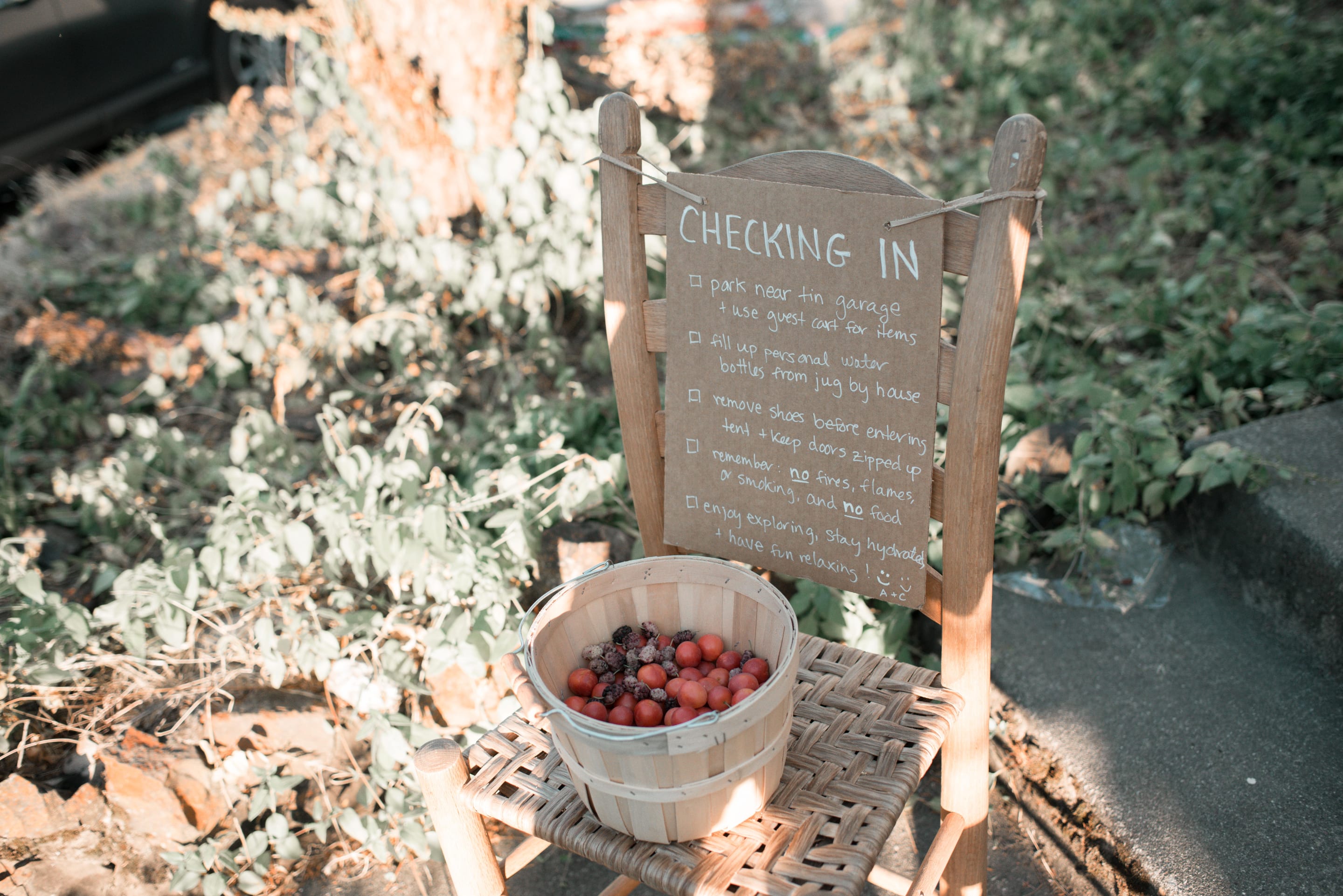
How to be a good neighbor when you host campers
Happy neighbors are an important part of private land camping
Please consider your community before you host your first campers. It’s important that hosting campers on your property doesn’t impact your neighbors’ quality of life, and that your community is able to get in touch with you should they have questions about or feedback on your hosting activities.
Let your community know
If hosting campers may impact any of your neighbors (think about shared roads, increased traffic, line of sight, noise, etc.) we recommend communicating with them ahead of time and making yourself available should they have any feedback.
Be considerate when it comes to driving and parking
Provide off-street parking for your campers, inform them about local speed limits, and remind them that your community is home to others.
Be fire safe
Do your research to understand and comply with local laws and fire restrictions. If a fire ban is in effect, do not allow fires on your property. If you can have campfires, know how to create a safe setup and review safety expectations with campers to ensure you’re keeping your land and community safe.
Be clear with campers about noise requirements
Consider creating quiet hours if your neighbors might be able to hear your campers (10:00 pm to 8:00 am may be a good starting-off point) and remind your campers to be thoughtful about amplified sounds like music. If you allow your campers to bring their pets, it’s important that they understand they’ll need to keep them under control, away from neighboring properties, and reasonably quiet during quiet hours.
Dispose of waste responsibly
Make your trash policies very clear to your campers. Either indicate where exactly they should dispose of their garbage, recycling, or compost, or explain that they’re required to pack it out with them. Either way works!
Also, please ensure that human waste is disposed of in a way that’s compliant with local laws, including public health and environmental health regulations.
Limit off-property signage
Only add publicly visible signs advertising your land as a place for overnight stays in accordance with local laws. Onsite signage is encouraged to direct guests once they’re on your property, and we recommend clearly communicating where your property lines are so your campers understand where they can and cannot go.
The Camping Advocacy Network is powered by Hipcamp, Inc.
MOST POPULAR
-
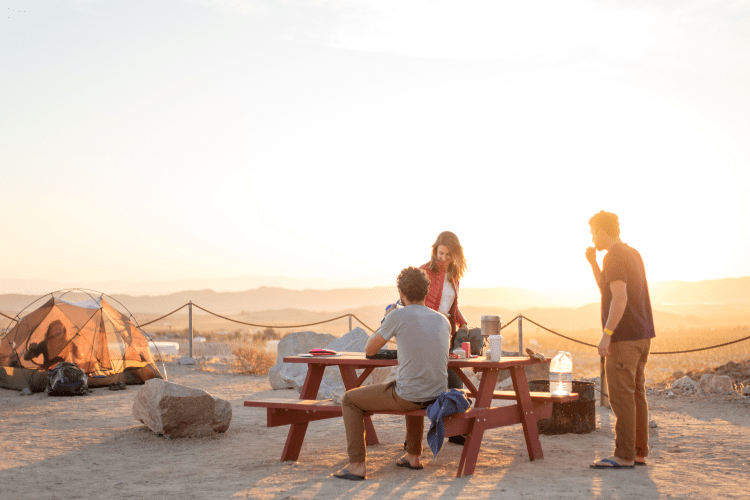 Join the Camping Advocacy NetworkJoin us to show support for camping As the camping community grows, local leaders are recognizing the power of our community to read more... Advocacy
Join the Camping Advocacy NetworkJoin us to show support for camping As the camping community grows, local leaders are recognizing the power of our community to read more... Advocacy -
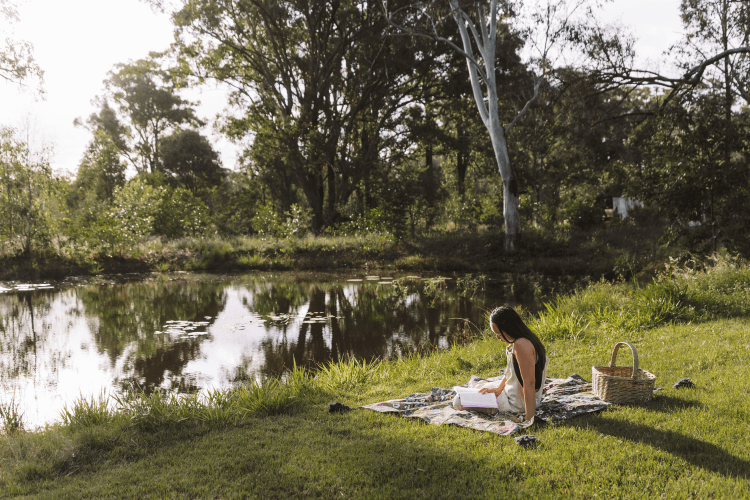 Creating change with your personal storyThe most important tool you possess in your advocacy toolkit is your own personal story. Many people, including local leaders read more... Advocacy
Creating change with your personal storyThe most important tool you possess in your advocacy toolkit is your own personal story. Many people, including local leaders read more... Advocacy -
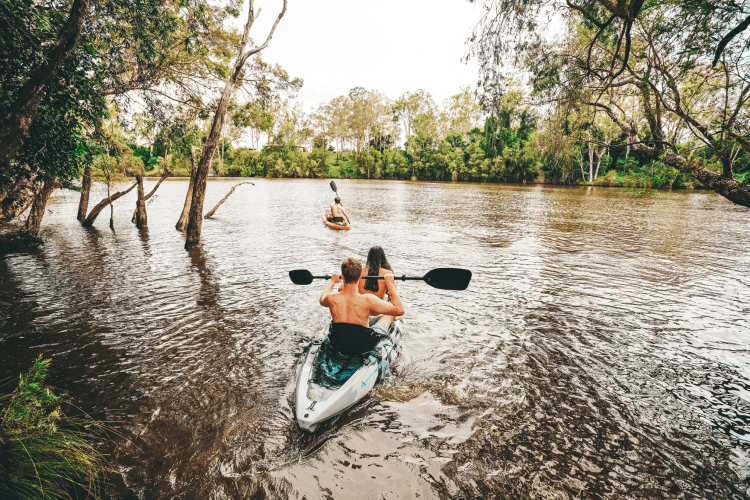 The value of camping to regional communities in AustraliaPrivate-land camping is driving tourism expenditure out of major cities and into regional communities. It provides opportunities read more... For Campers
The value of camping to regional communities in AustraliaPrivate-land camping is driving tourism expenditure out of major cities and into regional communities. It provides opportunities read more... For Campers -
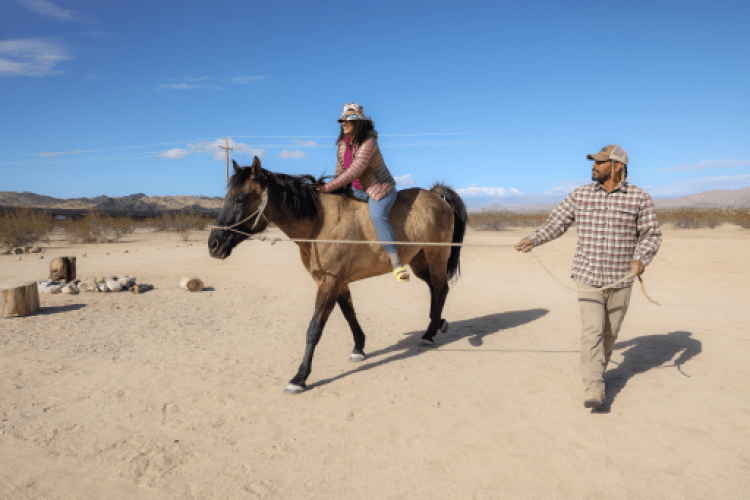 Camping helps keep working lands workingAround the world, farmers and ranchers are increasingly turning to tourism as a means to diversify their income and protect read more... Agritourism
Camping helps keep working lands workingAround the world, farmers and ranchers are increasingly turning to tourism as a means to diversify their income and protect read more... Agritourism